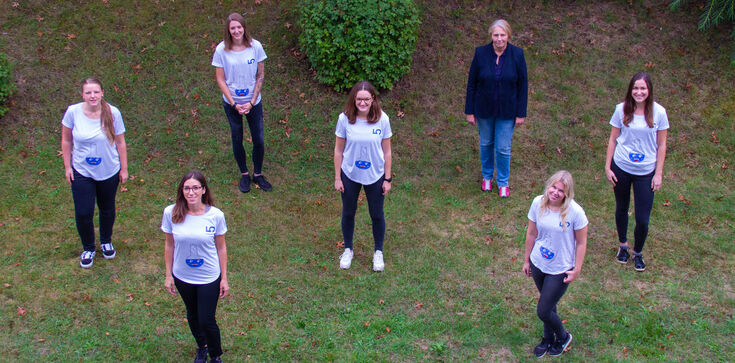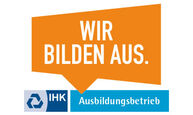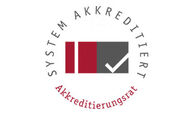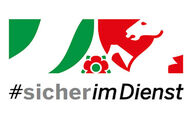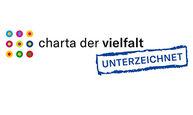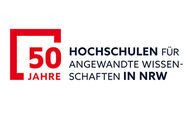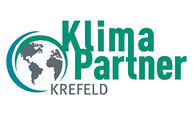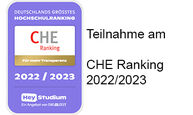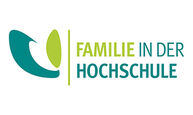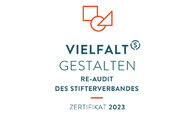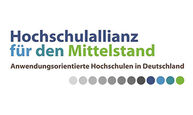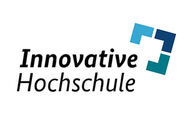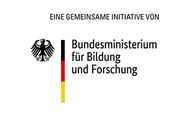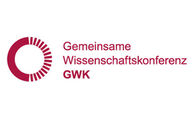Teaching project "LIL05 - Lab inverted learning at the faculty 05",
Prof. Dr. Kerstin Williger, Dr. Miriam Sari, M.Sc. Jessica Schmidt
Challenge
How can we motivate students to be better prepared and more confident to participate in a hands-on lab event? The percentage of students who prepare themselves optimally for upcoming courses through self-study has continuously decreased over the past years. As a result, many students are no longer able to achieve the specified learning objective. This is particularly problematic in the laboratory practical. In addition, insufficient preparation for the specified experiments can lead to an increase in the safety risk for all participants in the course. Especially the heterogeneity of the students' knowledge level poses a great challenge to successfully conduct practical courses in the laboratory environment.
Solution
The goal of the LIL05 teaching project is to provide sustainable support for the students' self-learning phase. For this purpose, a digital self-learning offer was provided via Moodle. This consists of short video tutorials and self-learning tests linked to them, which can be accessed online at any time. The individual, asynchronous use can ensure better/intensive preparation for the course and a more sustainable consolidationof knowledge and skills. In addition, this also boosts students' confidence in a chemical/technical/biotechnology lab and leads to an increase in safety in the lab.
Benefits
Although it is a voluntary offer/no obligation to prepare, it was accepted by the majority of students in WiSe 20/21: Students were actually better prepared. In addition, the digital offering was very helpful in conducting the practical course under corona conditions. Due to the situation, less equipment could be demonstrated in the internship itself and some methods could not be worked on in detail. The video tutorials were a great help here to illustrate facts.
Details
So far, students are supposed to prepare for the experiments to be performed in the internship by handed out analog internship scripts (short theory part in the script, short explanation of the theory by the teacher at the beginning of the internship), complete them in the lab and deepen/reflect the content by doing homework or a report. By providing a Moodle course with interactive tutorials as a preparation tool for the upcoming internship, there is the possibility to prepare the students in more depth for the content of the course day. Thus, the flow of the actual course can be improved, space for questions beyond basic knowledge can be created and the learning objectives can be achieved. The video tutorials show the handling of different equipment to be used. Specific methods are explained in more detail. Self-learning tests for independent verification of the acquired knowledge round off the format. The principle of this teaching project is based on the Inverted Classroom concept or the Flipped Lab Model according to Prof. Dr. Dirk Burdinski (TH Köln).
The offer refers to the courses in both Degree programmes at the Faculty 05:
B.Sc. Nutritional Sciences: Biochemistry of Nutrition internship, 1st semester (EK 3.2), compulsory course, Prof. Dr. Williger, M.Sc. Schmidt
B.Sc. Food Sciences: Food Biotechnology Internship, 5th semester (VL 1.4), elective course, Dr. Sari
In addition, it serves as a general help for bachelor students, master students and students in project assignments.
Participants per unit: approx. 16 students, total approx. 100 students per semester
In the long term, the course contents can also be transferred to other laboratories of the faculty. For example, the laboratories in the fields of analytics, physics and microbiology are suitable for this purpose.
Teaching/learning methods or digital media
Video and photo material, theoretical texts and self-learning quizzes on Moodle, in order to cover as many learning levels as possible and not only to provide knowledge asynchronously, but also to ensure individual querying of what has been learned for self-testing.
Stumbling blocks
Due to the pandemic situation, personnel, space and time capacities were severely limited. In general, the time required to create professional digital content (e.g., familiarization with the use of special software, sound and image equipment) can easily be underestimated.
Recommendation
One should not underestimate the time and cost involved in dealing with film/photo equipment as a layperson (e.g., creating professional film and sound recordings or creating and maintaining an extensive Moodle course).
Involved
Prof. Dr. Großmann, Physics - provision of the film equipment and assistance
Links / Notes
Visit: https://moodle.hsnr.de/course/view.php?id=6775
EES: WiSaSc


